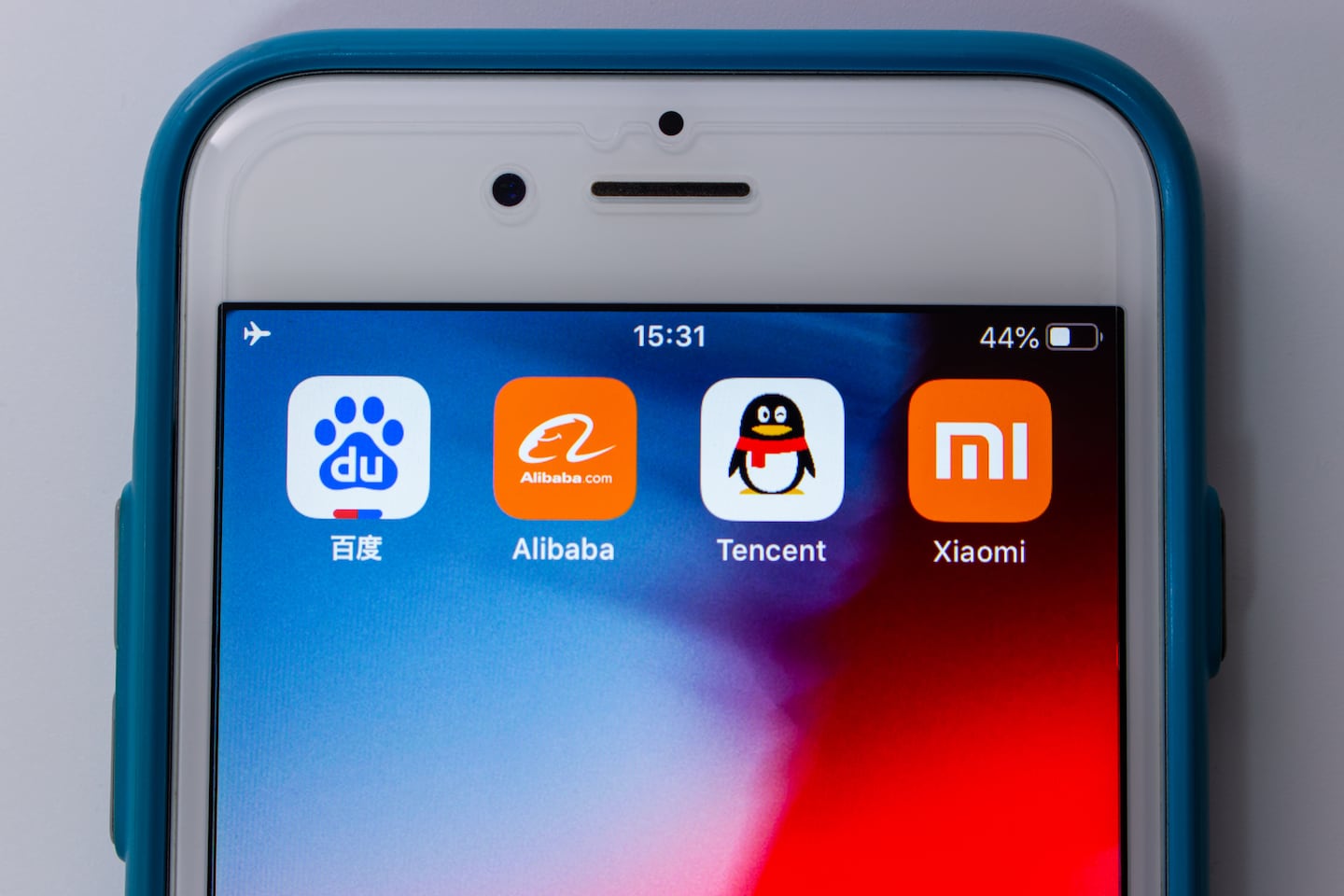
The Business of Fashion
Agenda-setting intelligence, analysis and advice for the global fashion community.

Agenda-setting intelligence, analysis and advice for the global fashion community.

Representatives from 34 of China’s most prominent tech companies, including e-commerce giants JD.com, Pinduoduo and Vipshop , short-video platform leaders Bytedance and Kuaishou, as well as WeChat-owner, Tencent were summoned yesterday to a meeting with the State Administration for Market Regulation (SAMR), according to a statement on its website.
This meeting comes days after a record $2.8 billion dollar fine was levied against Alibaba for anti-trust violations and in the midst of a multi-pronged clean-up effort Chinese authorities are waging on tech firms, which have operated with relative freedom to innovate and grow to this point.
Fashion and beauty brands, many of whom operate on multiple digital channels in China, are among the parties likely to be impacted by this new era of tech regulation in China. On one hand, the pressure to deal with e-commerce platforms exclusively in order to gain preferential access (or any access at all) is likely to be lessoned by the crackdown on monopolistic behaviour, but the blurred boundaries and unspoken lines firms are operating within also create uncertainty.
According to the SAMR’s statement, companies at the meeting were told to comprehensively self-assess their businesses, rectify any issues and pledge to comply with China’s laws and regulations. Those that don’t comply within one month will face “severe punishment”, the statement said.
With consumers tightening their belts in China, the battle between global fast fashion brands and local high street giants has intensified.
Investors are bracing for a steep slowdown in luxury sales when luxury companies report their first quarter results, reflecting lacklustre Chinese demand.
The French beauty giant’s two latest deals are part of a wider M&A push by global players to capture a larger slice of the China market, targeting buzzy high-end brands that offer products with distinctive Chinese elements.
Post-Covid spend by US tourists in Europe has surged past 2019 levels. Chinese travellers, by contrast, have largely favoured domestic and regional destinations like Hong Kong, Singapore and Japan.